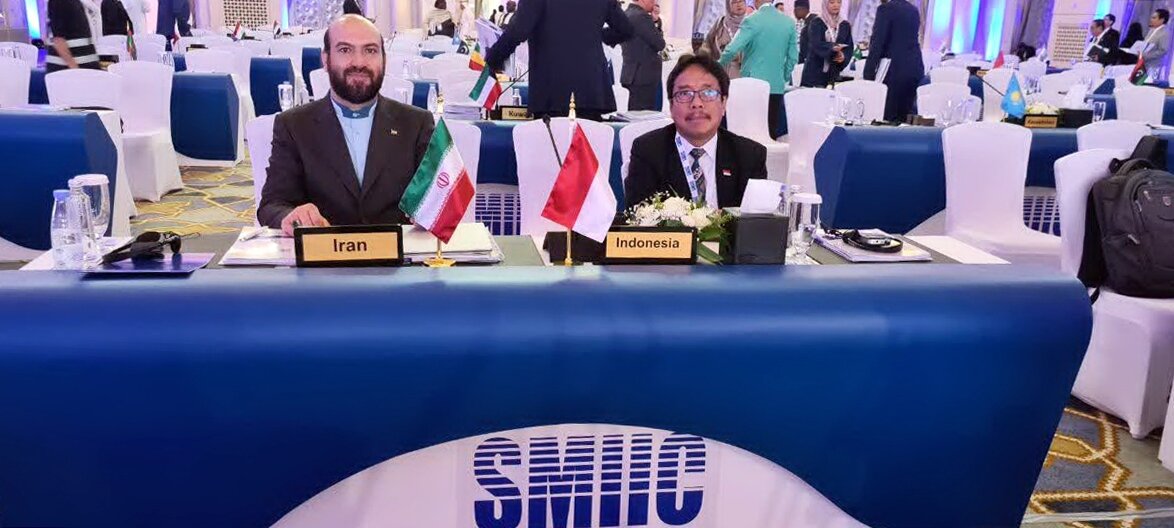Malaysia To Help OIC Formulate Halal Standards
By Nor Baizura Basri
KUALA LUMPUR, May 6 (Bernama) — Malaysia will help the members of
the Organisation of Islamic Conference (OIC) develop OIC-based halal
standards, a move which will likely pave the way for the evolution of
global halal standards.
It would also help accelerate the development of the global halal
industry as well as enhance Malaysia’s position as a global halal hub,
KasehDia Sdn Bhd’s executive director Nordin Abdullah said.
Currently, OIC countries do not have common standards but several members use the Malaysian standards as a benchmark.
“They (OIC) realise they need halal standards, be it the same
standard across OIC countries or a base standard that can be used for
all,” he told Bernama in an interview recently.
In this case, he said Malaysia would need to play the leading role
to make it successful as it would take a few years for the Islamic
nations to develop and implement the standards within its member
countries.
Malaysia’s halal standards have been widely recognised globally as
they were regulated uniformly by the Department of Islamic Development
Malaysia (Jakim).
Jakim’s halal certifications have been taken over by the Halal Development Corp (HDC).
Malaysia’s contribution to the formulation of uniform halal
standards is crucial and timely as some 17 standards are being used
globally for the halal industry.
KasehDia, a consulting company which initiated the World Halal
Forum two years ago, together with HDC and the Department of Standards
Malaysia, are among the private and government bodies involved in
helping Islamic nations in making OIC standards a reality.
Even countries within the Association of South-East Asian Nations,
such as Malaysia, Singapore, Brunei and Indonesia follow their own
national standards.
Nordin said the company recently attended the OIC standards
meeting in Turkey to discuss the possibility of developing OIC-based
halal standards.
“As the second largest inter-governmental organisation after the
United Nations, the grouping can further develop the global halal
industry once the OIC-based halal standards come into effect,” he said.
Nordin said OIC-wide halal standards could also provide the
members with wider market access into Western countries, which were
keen on halal products and services but demanded high quality products
and services.
“Malaysia will have to give a lot of technical assistance as there
will be a lot of things to do to develop and implement the standards,”
he said.
A follow-up meeting will be held in Jeddah next February to discuss further the progress in developing OIC-based standards.
To expedite the process of developing the OIC-based standards, Nordin proposed that Islamic nations use Malaysia’s as a base.
Some Islamic countries have already been using them for trade and investment purposes, he said.
He also called on local manufacturers in the grouping to increase
their capabilities to prepare themselves before the halal standards
came into effect in the next one or two years.
“Gear up now so that when the standards come into effect you will be able to comply,” Nordin said.
He said by adopting a strong standards culture like the non-OIC
countries, it would be much easier for local manufacturers to enter
into any market in dire need of good quality products and services.



